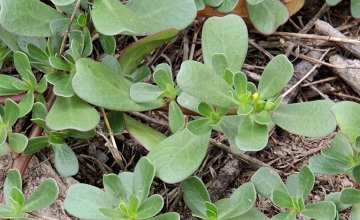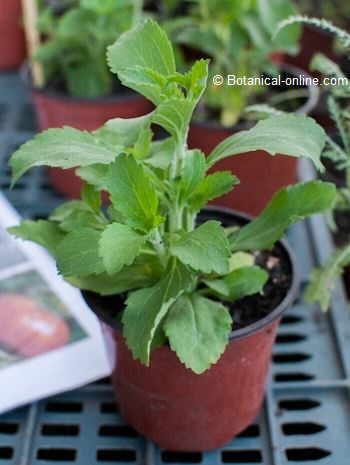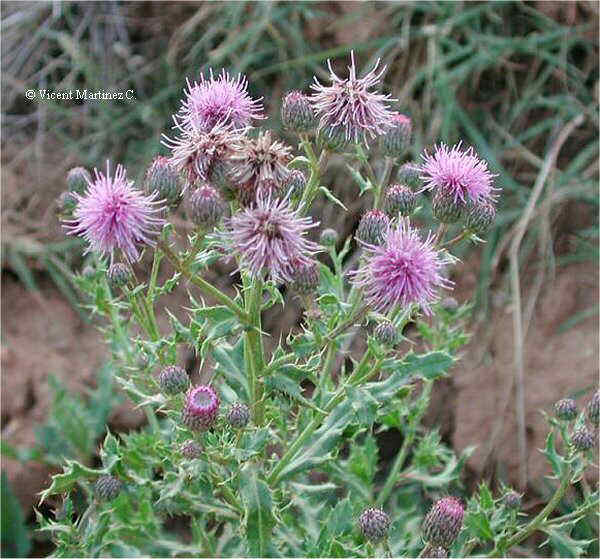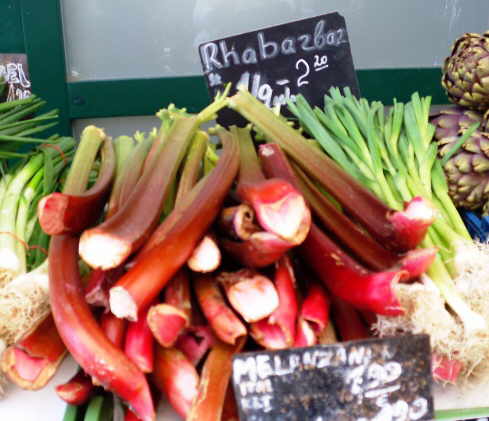Contents
WHEN YOU SHOULD NOT TAKE CINNAMON
What is cinnamon?
Cinnamon is a plant of the Lauraceae family, which is consumed in food as an aromatic spice.
Cinnamon is also used in herbal medicine for its digestive properties, protecting the stomach (it helps treat heartburn and gastritis) antibacterial, expectorant and anti-inflammatory.
For such medicinal purposes, the bark, which is marketed under the name ” sticks of cinnamon” is used.
There are many types of cinnamon, but the Ceylon cinnamon is the most valued in markets. It differs because of its spicy flavor, indicating its wealth in eugenol. This is the best remedy to treat bad breath and as a digestive spice.
What contraindications cinnamon has?
No toxic effects are known to cinnamon in food and a medicinal remedy under the established doses in healthy people.
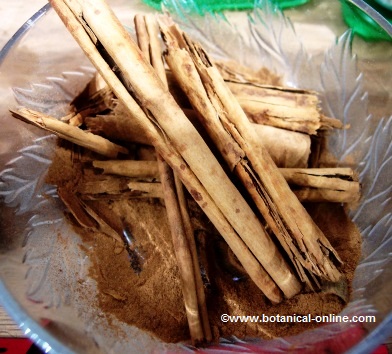 Cinnamon sticks
Cinnamon sticks
- Gallstones: People with gallstones and those prone to develop colic should be cautious with cinnamon. This cinnamaldehyde in its essential oil has cholagogue effect and can cause colic.
- Liver: cinnamon contains substances taken in high doses could cause liver damage (coumarins and safrole).
- Anticoagulant medication: do not make long treatments with cinnamon if you take anticoagulant medication or warfarin. Coumarins have potentiating effect of medication. This must be applied to plants with anticoagulant properties.
- Essential oil: cinnamon essential oil should not be given to children under 6 and pregnant women.
- The essential oil of cinnamon, if taken in higher than recommended doses by the therapist, may have side effects.
* Related information: Cinnamon toxicity, cinnamon side effects
![]() More information on cinnamon.
More information on cinnamon.


